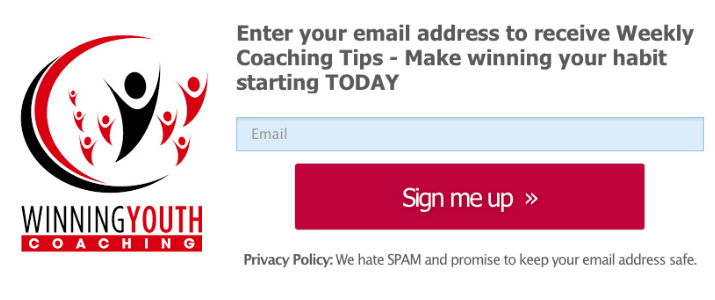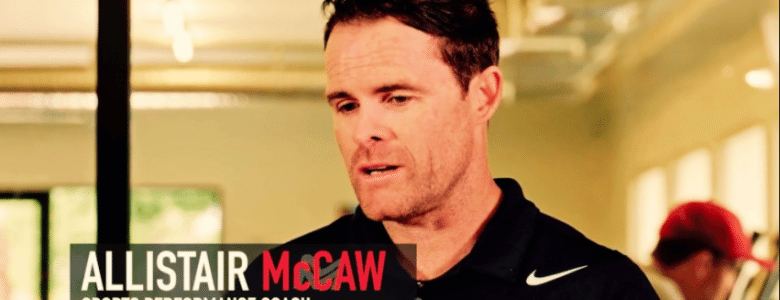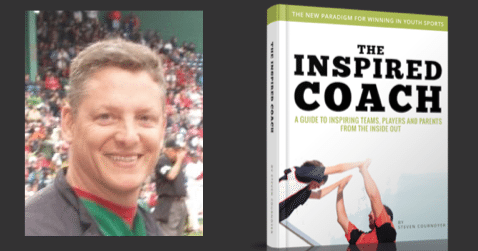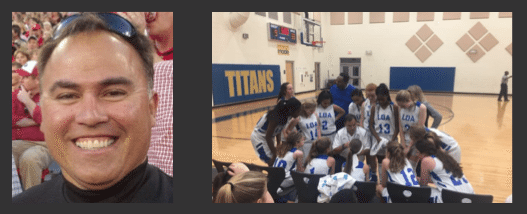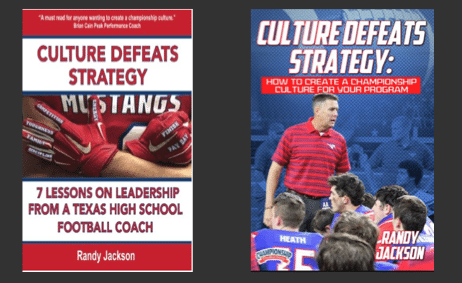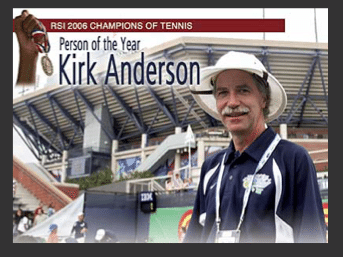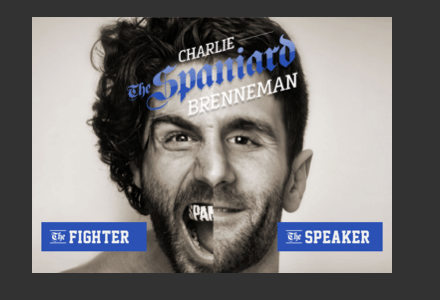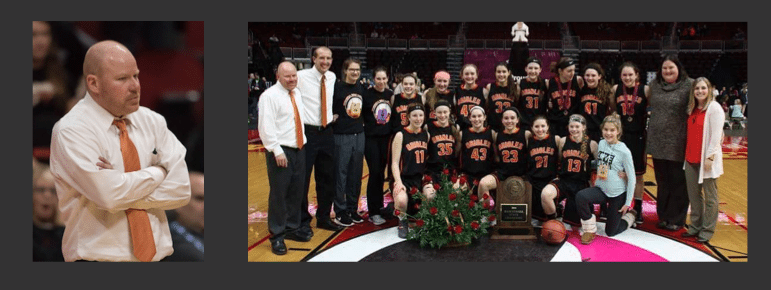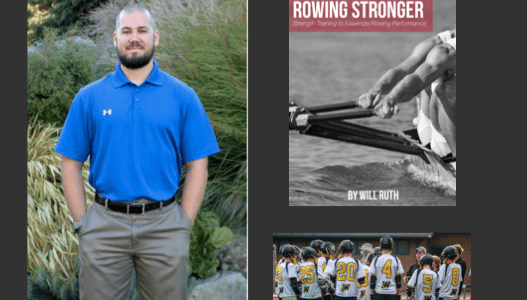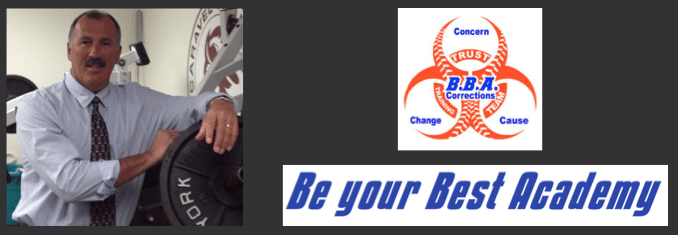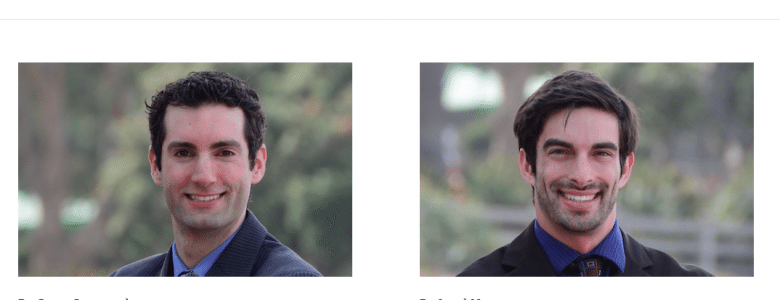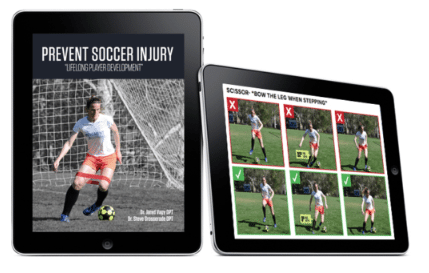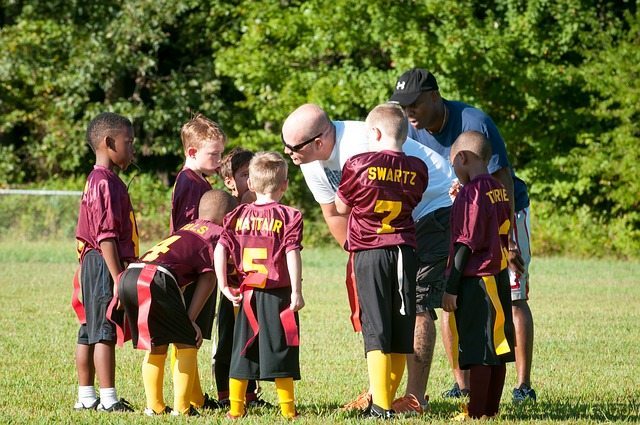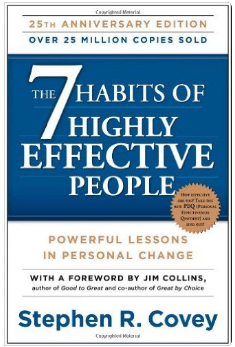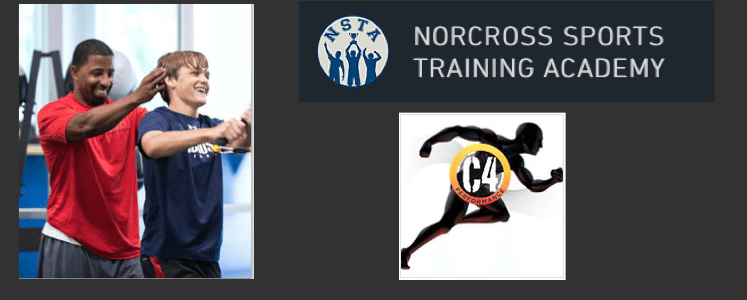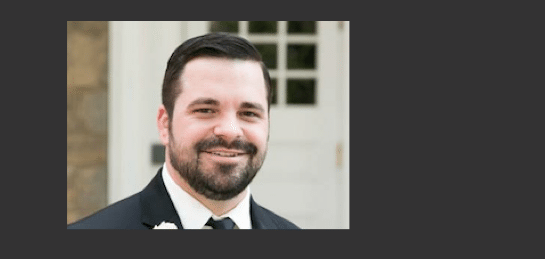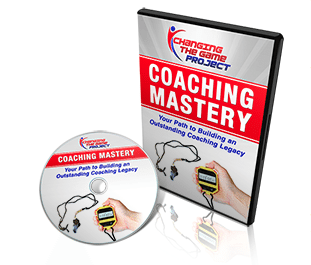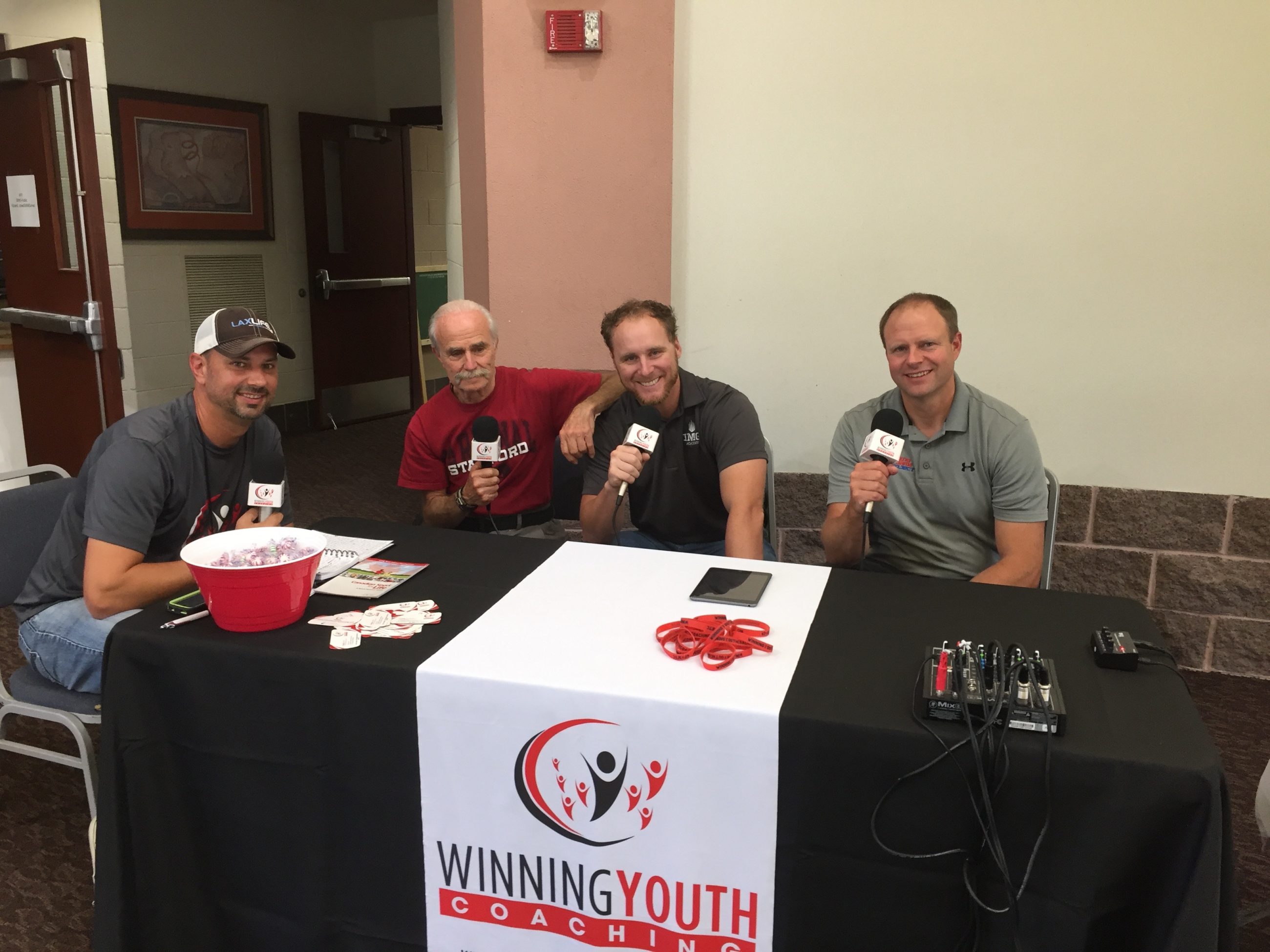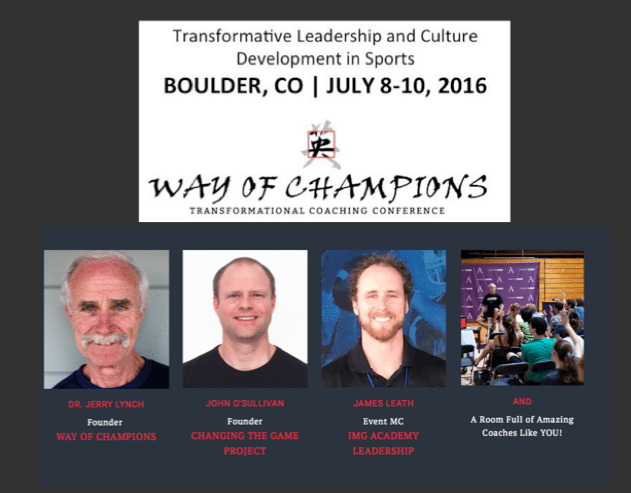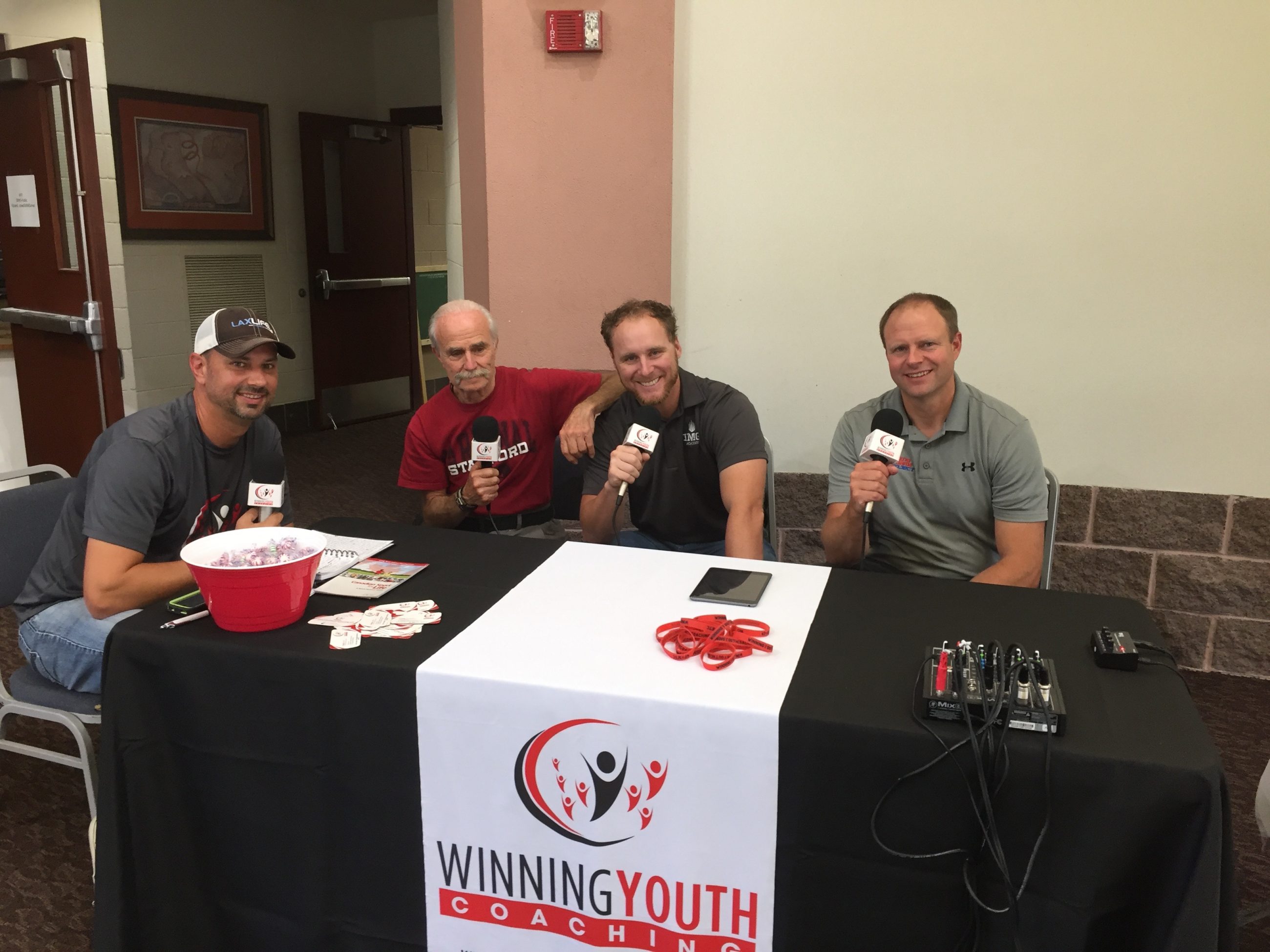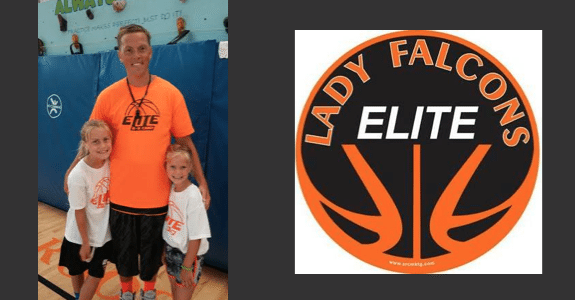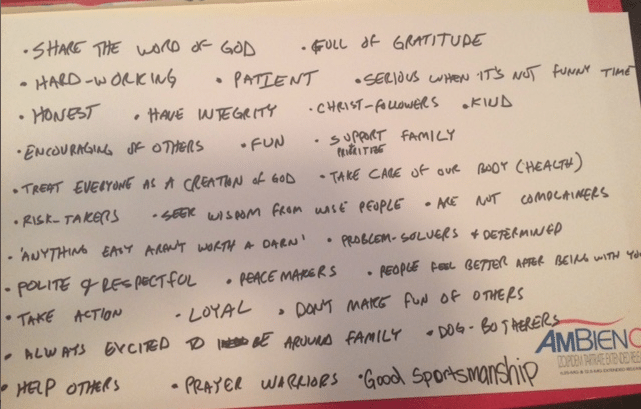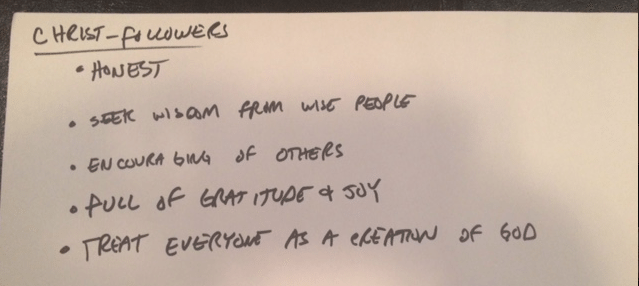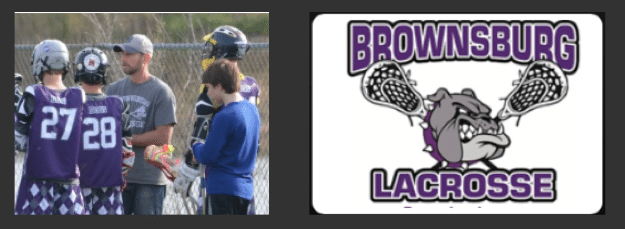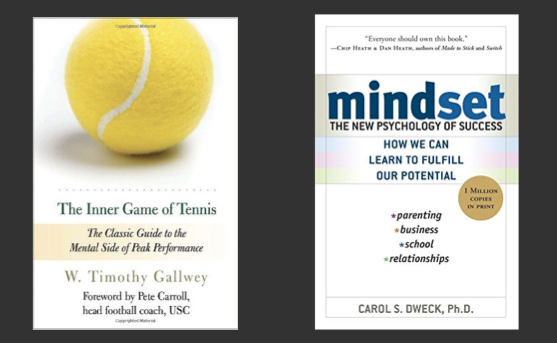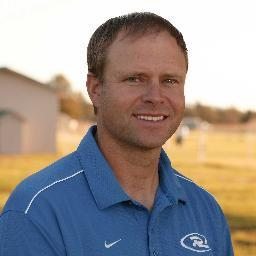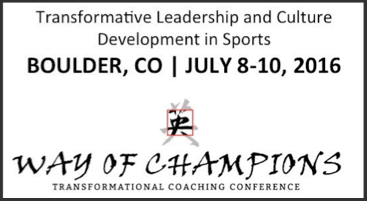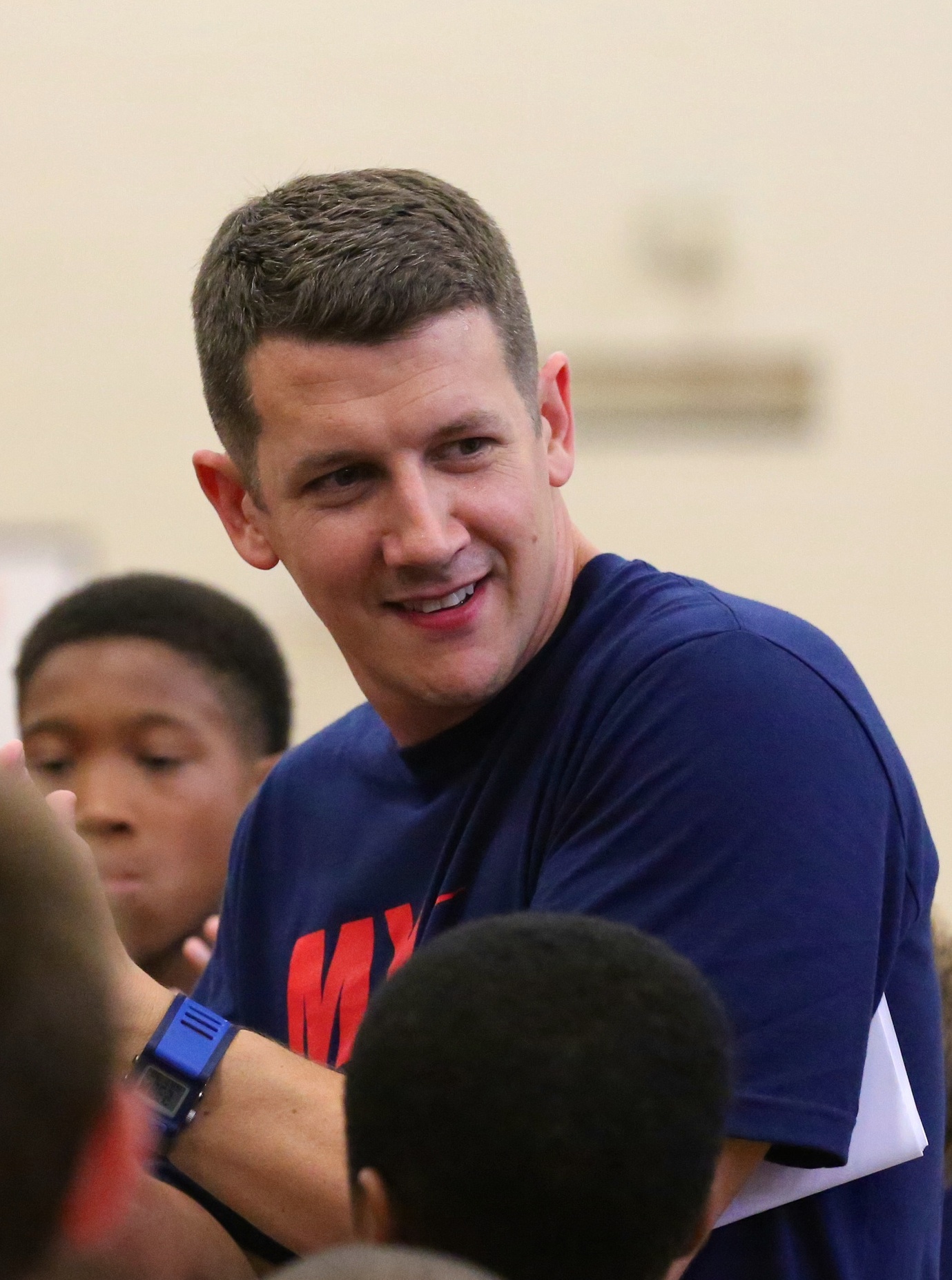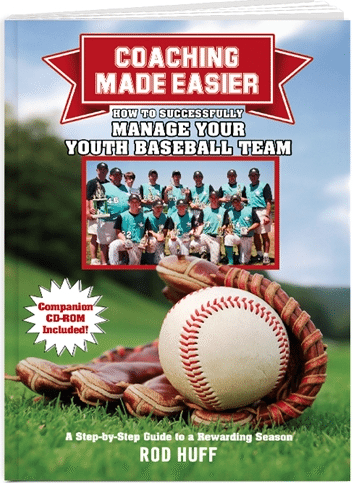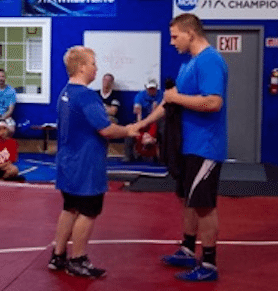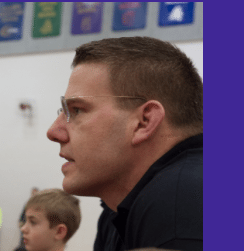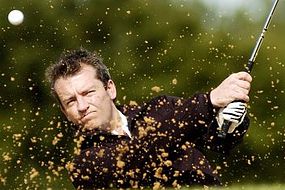March 13, 2017
WYC 110 – Championship Culture Part 6 – TJ Rosene talks Chasing the Lion & Leadership Development
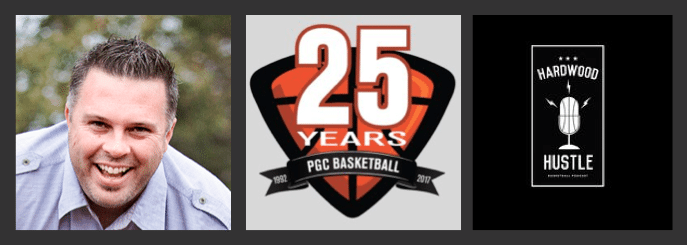
TJ Rosene is a 3x National Coach of the year. He has already compiled over 300 wins as a college coach and has most recently put together 8 straight 20-win seasons. TJ also serves as the Director of Coach Development for PGC Basketball, and co-hosts the Hardwood Hustle podcast.
Twitter: @CoachTJRosene
Websites: pgcbasketball.com; hardwoodhustle.com
Listen Now:
Listen on iTunes: iTunes link
Listen on Stitcher: Stitcher link
Listen on Google Play Music: Google Play link
–
Quote
‘If your dreams don’t scare you- you’re not dreaming big enough’ – Chasing the Lion
1st steps in building culture
- The first step is believing
- Then define key cornerstones
Buy-in & Building great teammates
- Have your players brainstorm about what the characteristics are of the best teammates. Then ask the players whether you have their permission to hold them accountable to those standards.
Empowering players
- The best time to have players figuring things out on their own is when there is less on the line. That’s true of lower levels of youth sports. That’s true of early in the season even at higher levels of athletics.
Communication needs 3 things:
- Truth
- Love
- Transparency
Start each practice talking for 5 to 8 minutes
- This helps everyone to get to know each other and
- My commitment Monday
- Tough Tuesday
- Thankful Thursday
Communication – Life skills
- They have their athletes do the following when ordering at a fast-food restaurant:
- Eye contact
- Call the person by name
- Ask them how their day is going
- Express gratitude
Caz McCaslin’s 2 minute Coaching tips
- Tough love – Set standards that build not just great athletes but great leaders
- Remember the off the court impact you have is more important than what happens on the court
Captains
- TJ’s teams have never elected captains. He just lets the natural leaders emerge.
- When leaders arise who he wouldn’t have chosen – he is honest with them and works to develop them and train them how to be a better leader. He is also honest about what the 2 or 3 behaviors are that will affect their teammates adversely if they don’t work on improving them or eliminating them.
Leadership development
- The first step is asking the players who wants to lead
- They create levels of leadership around 4 traits: Character, Courage, Consistency, Communication
- They define levels 0 to 3 with tangible steps
Connecting with kids
- Sometimes you have to draw lines. It’s scary because we don’t want to alienate a player, but it is important.
The One that got away
- Losing a national championship game – TJ had not prepared himself for what could go wrong.
- You have to learn from the adversity and not live in the adversity
Best Stolen Idea
- Don Meyer – Sent TJ a note and book within 48 hours of his passing. TJ learned that you’re never too big for any situation or person.
- Be a lifelong learner!
PGC Basketball Clinics
- 10,000 kids go through their camps every summer – check them out at: pgcbasketball.com
Parting Advice
- Keep perspective. Define your legacy.
–
Today’s Sponsors
Established in 1995, Upward Sports is the world’s largest Christian youth sports provider. Approximately 100,000 leaders and coaches deliver Upward Sports programming to half a million young athletes around the country.
Upward Sports promotes the discovery of Jesus through sports, by providing a fun, encouraging environment in which young athletes can learn technical skills and a love of the game. We use sports like basketball, volleyball, soccer and flag football to help young athletes develop mentally, athletically, spiritually, and socially. We are about the whole athlete—that’s our 360 Progression.
—



